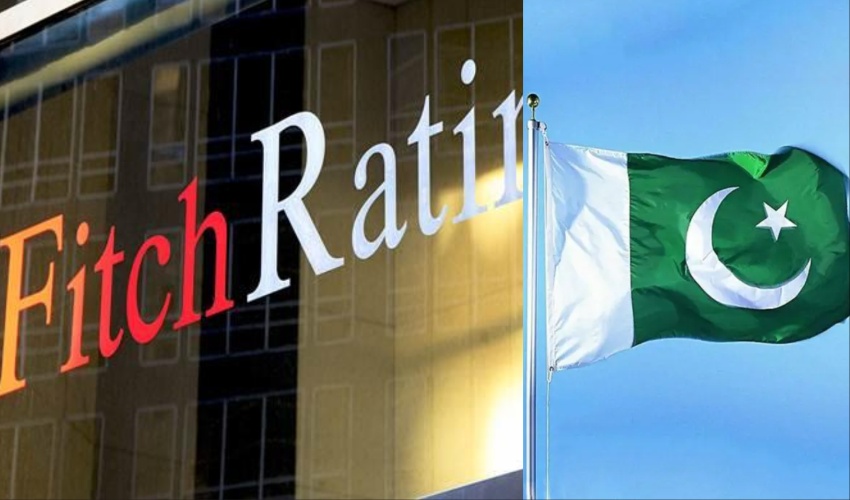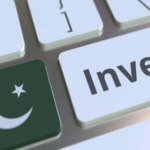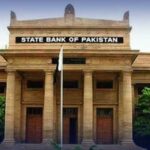The nation’s Long-Term Foreign-Currency Issuer Default Rating (IDR) was raised by Fitch Ratings on Monday from “CCC” to “CCC+.”
With the support of a recent deal with the International Monetary Fund (IMF), Pakistan’s external liquidity and funding conditions have improved, as evidenced by this upgrade.
The deal, a $7 billion Extended Fund Facility (EFF) with a 37-month duration, was made in response to Pakistan’s successful performance under an earlier IMF arrangement. The nation effectively reduced its budgetary deficits and replenished its foreign exchange reserves, setting itself up for future economic stability.
IMF assistance
The assurance of ongoing foreign support following Pakistan’s staff-level agreement with the IMF is primarily responsible for the upgrading. Pakistan intends to address long-standing structural flaws in its energy industry, state-owned businesses, and tax system under this new initiative.The government has pledged to enhance the monetary policy framework and provide flexibility in exchange rates.
According to Fitch, the program is anticipated to be approved by the IMF board by the end of August. But before anything else, the Pakistani government needs fresh financing guarantees worth $4–5 billion over the course of the EFF from bilateral allies like China, Saudi Arabia, and the United Arab Emirates.
Budgetary restraint and economic measures
Pakistan has shown excellent budgetary restraint over the past year by increasing taxes, decreasing spending, and rising the cost of gas, electricity, and gasoline. By strictly regulating exchange houses and suppressing the black market, the government also achieved notable progress in narrowing the difference in exchange rates between the interbank and parallel markets.







